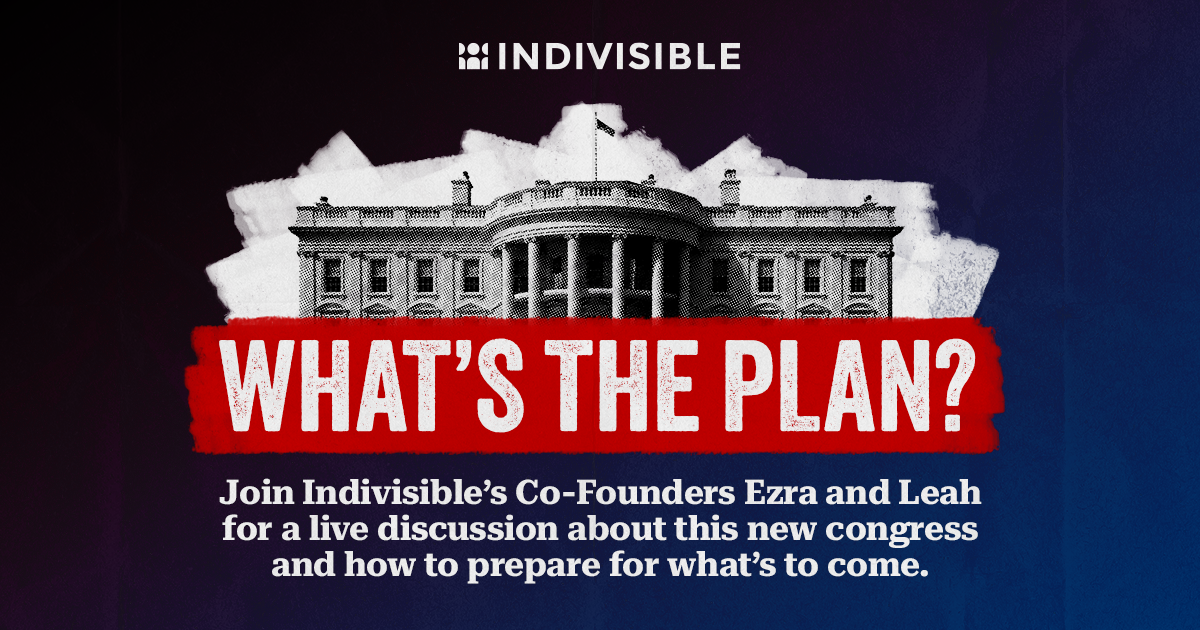So, What To Do?
Isn't this always the question, really the only question: Given my values and the state of the world as I see it, what do I do next?
So yes, I have all these ideas for a Better World™
Ambitous ones, like a template for small-d democracy with earned governance that changes the nature of corporations, schools and nonprofits. Methods for amplifying existing efforts, for interoperating between platforms with trust. I'm excited and impatient to make them happen, to grow the small starts we have made. As an engineer, I sometimes want to share only the concrete outputs, to prove that what we are doing is real.
But I think it is useful also, to lay out the principles and patterns I try to use to drive the work. I have always loved best practices books, from Strunk & White to Perl Best Practices to A Pattern Language. Lists are lovely things that align with the flow of time, make us feel comfort and order in the chaos. So here is mine, as it comes to me today:
- Impact is personal. If doing something to help a big picture, make sure it helps someone real today. Especially if raising funds to save the world, make sure that the process, the expenditure of the funds, creates opportunity.
- First, do no harm. Any theory of change must be disprovable. Listen to concerns, do not assume that your work is necessarily harmless.
- Share ownership. All those working in a shared effort should have some mechanism to share the guidance of it - tho not necessarily voting up front, it can be in opportunity to lead, ability to object, chance to speak in meetings. If there is legal ownership of a profit making entity, there should be legal shares.
- How to identify evil: when a report comes that some entity has harmed a child, do they investigate, or suppress the information? Violent suppression of information of harms is a sure sign of an evil actor. Hotlines, ways of reporting harms, are critical. This perhaps is an essay for a different audience.
- Justice is individual. If something is bad, it is harming individuals. Find them and by defending them or driving for accountability, you will hit the big picture fast enough.
- Transparency is key. In a group with openness, trust can build naturally. Problems can resolve quickly.
- Everything Important Becomes Work. The news, things that happen to people, should not be just entertainment. If something is important to you, it should be part of your workflow, to do something about it, be part of some team. Not your whole day, but it should show up on the to-do lists.
- Order of the Teaspoon. Small efforts count. Far better to do something small, than nothing at all.
- Organizations Should Support Members Goals. Companies should serve individuals, not the other way around.
- Getting Things Done - Turning Big Ideas into Small Actions is key. Organizations or tools should help with this universal process.
And so, here is a small demonstration of one small tool we made recently. Its a koenig-lexical package and patch script, that allows a ghost author to embed an action from Mobilize. You have to have a self-hosted ghost to install it, that will be another more technical article.
Here is how I am embedding it:

And here is the action:

What’s the Plan? A Weekly Discussion with Indivisible’s Co-Founders
The onslaught of news, the chaos coming out of the White House – it’s all meant to overwhelm us. It’s a deliberate strategy to sow confusion and make us believe we are powerless to fight back.
The antidote: Coming together in community to process what’s happening, to sift through what’s important and what’s just noise, and coalesce around strategies for fighting back.
Join Indivisible co-founders Leah Greenberg and Ezra Levin each week, as we carve out an hour to discuss what’s happening and – more importantly – what’s the plan.

So, perhaps I am sharing the concrete results after all, and amplifying other efforts. This makes me feel happy, that I have done some teaspoon full of work.